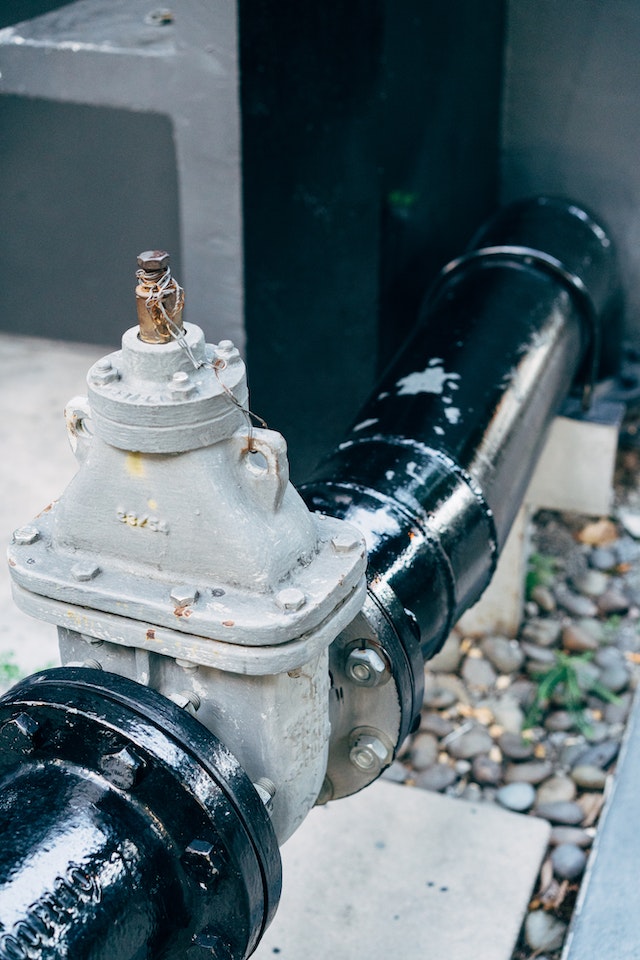Steel pipes have been a cornerstone in various industries for decades, owing to their remarkable durability and versatility. The resilience of steel as a material and the innovative manufacturing processes used to create steel pipes contribute to their widespread use and long-lasting performance. This article delves into the reasons behind the exceptional durability of steel pipes, exploring the intrinsic properties of steel and the benefits they offer across different applications.
Steel is an alloy composed primarily of iron and carbon, with the carbon content enhancing the strength and hardness of the iron. This combination results in a material that is both robust and flexible, capable of withstanding significant stress without deforming. Additionally, the manufacturing processes of steelmains.com.au, such as hot rolling and cold drawing, further enhance the mechanical properties of steel pipes, ensuring they can endure high pressures and heavy loads.
One of the key factors contributing to the longevity of steel pipes is their corrosion resistance. Corrosion is a common issue that affects many materials, particularly in environments exposed to moisture, chemicals, or extreme temperatures. Steel pipes, however, can be treated with various protective coatings, such as which acts as a sacrificial anode, corroding in place of the steel. This protection ensures that steel pipes can remain functional and intact even in harsh environments, significantly extending their lifespan.

Furthermore, steel pipes are known for their ability to withstand extreme temperatures, making them suitable for a wide range of applications. In industrial settings where pipes are subjected to high temperatures, steel’s heat resistance is particularly valuable. Steel pipes maintain their structural integrity and performance even under extreme heat, which is crucial for applications in power plants, refineries, and chemical processing facilities. Similarly, steel pipes used in cold climates or cryogenic applications exhibit excellent performance, maintaining their strength and durability despite the low temperatures.
The mechanical properties of steel pipes also contribute to their exceptional durability. Steel pipes exhibit high tensile strength, which means they can withstand substantial forces without breaking or cracking. This property is essential for applications where pipes are subjected to high pressures, such as in oil and gas transportation. The ability to endure high-pressure environments without compromising structural integrity ensures the reliability and safety of steel pipes over long periods.
Moreover, steel pipes offer excellent resistance to mechanical wear and tear. In industries where pipes are exposed to abrasive materials or frequent mechanical stress, such as mining or construction, steel pipes’ hardness and toughness are crucial. The wear resistance of steel pipes ensures they can handle the rigours of demanding environments, reducing the need for frequent replacements and maintenance.

Another aspect of the durability of steel pipes is their adaptability and versatility in various applications. Steel pipes can be manufactured in different sizes, shapes, and thicknesses to meet specific requirements. Whether for transporting liquids, gases, or solids, steel pipes can be customized to handle different types of loads and pressures. from construction and infrastructure to agriculture and water distribution.
In addition to their physical properties, the quality of steel pipes is ensured through rigorous testing and standards. Steel pipe manufacturers adhere to stringent quality control measures, including non-destructive testing, hydrostatic testing, and material certification, to ensure the pipes meet the required specifications and standards.
















